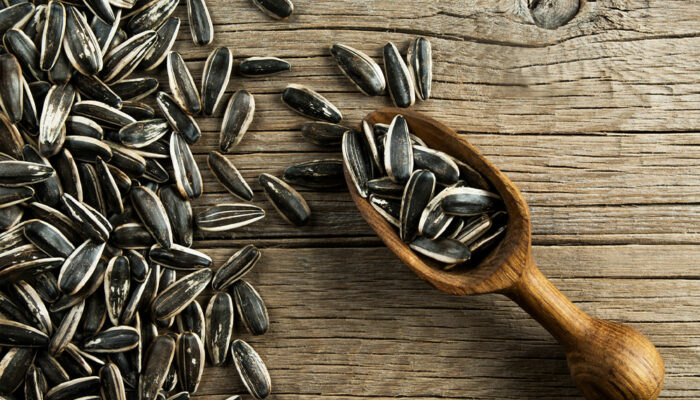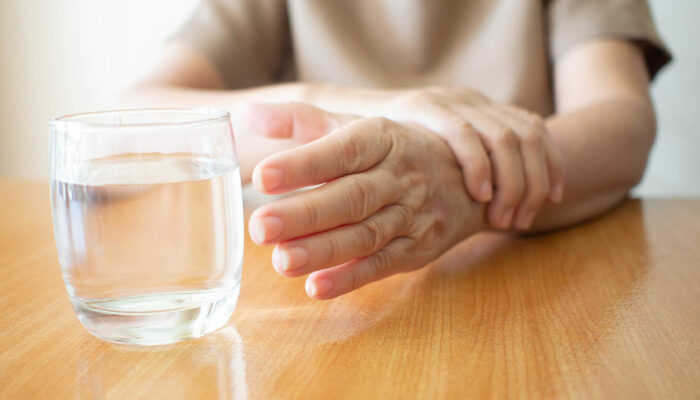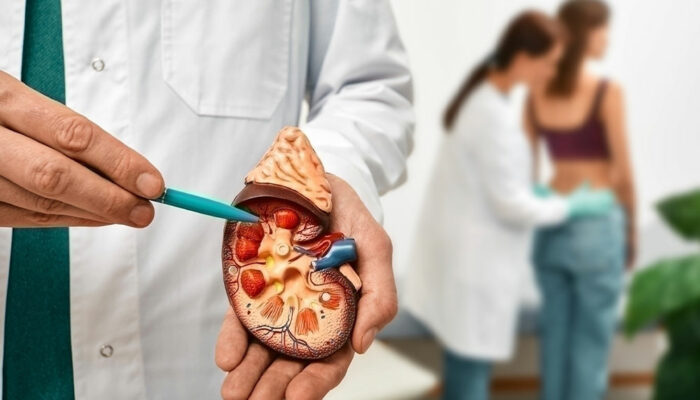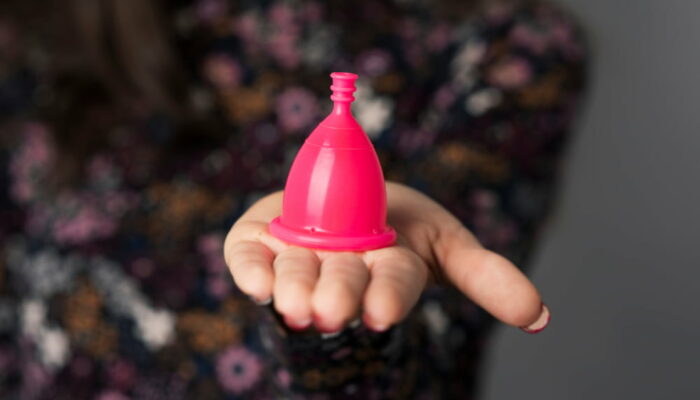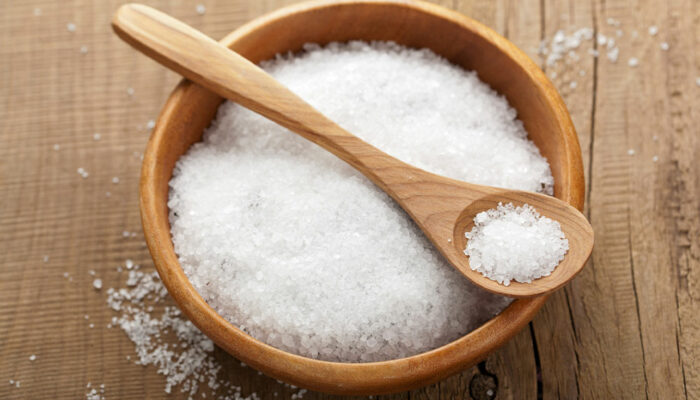
health
5 common habits that degrade healthy bones
Bone generation is an ongoing process. The human body constantly creates new bones to maintain a strong skeletal structure. As a person ages, the process of maintaining healthy bone structure slows down and can begin as early as the 20s or 30s, resulting in a loss of bone density. Unhealthy lifestyle choices and nutrition mistakes can accelerate this process, leading to premature bone loss. Read on to learn more about unhealthy habits to avoid for healthy bones. Eating unhealthy foods Excessive salt consumption harms the bones because the processed salt found in chips, fried foods, and fried snacks forces the body to lose calcium faster than it can be replenished. Also, drinking beverages that are rich in refined sugars, preservatives, artificial coloring, and additives all impact bone health. Flavored sodas, packaged fruit juices, and carbonated beverages are unhealthy food choices that trigger calcium loss, thus weakening the bones. Daily nutrition directly impacts bone health, especially the vital joints for mobility. Leading a sedentary lifestyle Sitting for hours on end and not being proactive can also lead to bone health deterioration. Simple physical activities like walking, jogging, or lifting weights help improve bone density. However, neglecting the 30 minutes of exercise recommended by physical therapists will only increase the risk of bone loss and fractures.
Read More 